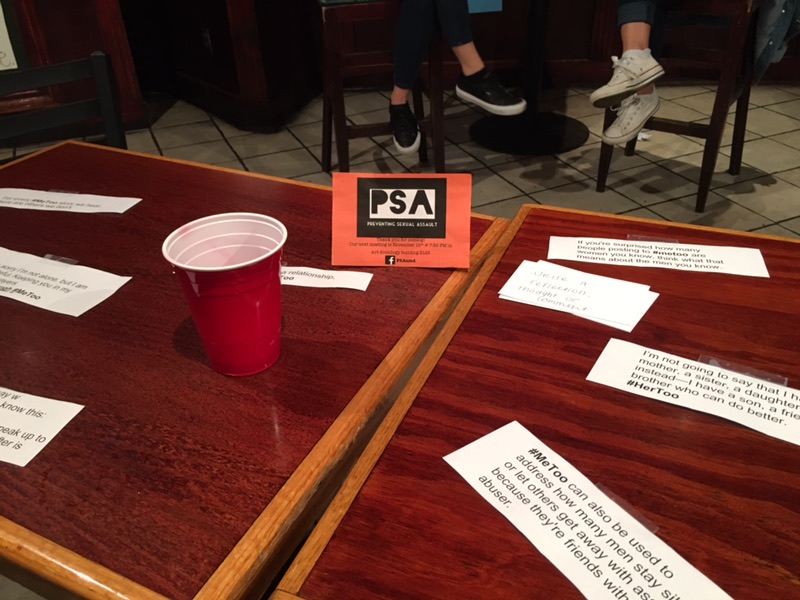Views expressed in opinion columns are the author’s own.
With the continued allegations of sexual harassment and assault on women and men in America, it feels like the floodgate has opened. While this is sad and shocking, it is also a crucial step toward learning and healing. If we give it the serious attention it deserves, this deluge could be the beginning of an end.
Coercive cultural behaviors such as sexual harassment generate confusion and ambivalence. They are often carried out away from the public eye and by persons of significant social stature. When these acts come to light, they carry an air of shock and surprise. In one sense, they are revelations. In another, they are old. They have been painfully familiar to their victims — and all the victims who have experienced them in silence over the years. This is where we are today. A few courageous voices have been heard and a few doors have opened. The question is: Where do we go from here? How do we turn the shock, pain and embarrassment into something good, something of a teachable moment? After all, education is what we do here.
[Read more: The crackdown on sexual assault needs to go beyond Hollywood]
We are not all psychologists, or trauma specialists. But we can all contribute to building a safe and civil environment in which this historic moment can be subjected to rigorous thinking, talking and writing. Imagine making a personal rule: “I will not allow the broken silence regain its domineering wholeness. I will find a safe and civil way to express myself when I notice oppressive behavior!” Do it without anger, always with clarity and conviction — and if possible with creativity and play!
As faculty, many of us wonder, “What should I do with these culturally complicated behavioral hazards making headlines daily? I came here to teach (fill the blank) not this!” But we are all obsessed with becoming better teachers. We all love that transformative space called a classroom. We work hard to cultivate trust, fairness and respect as we teach our incredibly wide range of specialties in music, history, film, theatre, language, computer skills, mathematics, the environment, public health and safety, social justice… the list goes on. The subject is almost irrelevant. The point is to exercise the mental muscle crucial for self-respect and self-empowerment — and to realize that silence is not an option.
As students, I am sure you will each find your way to transform this moment of shock into a leap out of silence. No matter what future you dream of having, it cannot happen without a voice powerful enough to be heard and respected. The time to start practicing is now. Express yourself! It does not have to be a speech in the public square. Write a song, draw a cartoon, design a digital game or write a short essay. Use the expressive instinct that animates your positive energies most. It does not matter which exclusionary hurdle you wish to remove — class, race or gender. Insist on being heard! Demand to be acknowledged! There is even a student expression contest on campus called “Express Yourself.” Get in there and compete. Make it part of your classwork. Not everyone wins every contest, but everyone contributes to dispersing the silence, just a little more — when they express themselves.
Fatemeh Keshavarz is the chair and director of the Roshan Institute for Persian Studies in the School of Languages, Literatures, and Cultures. She can be reached at fkk@umd.edu.



